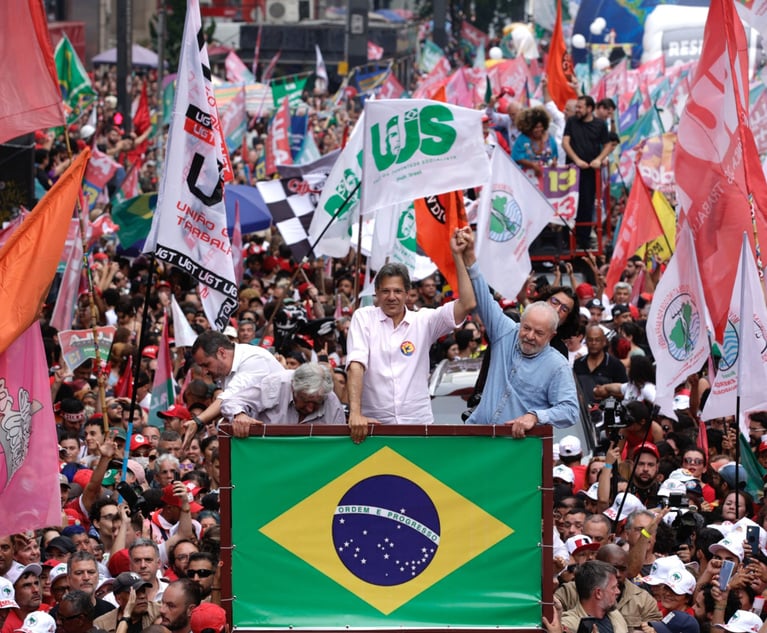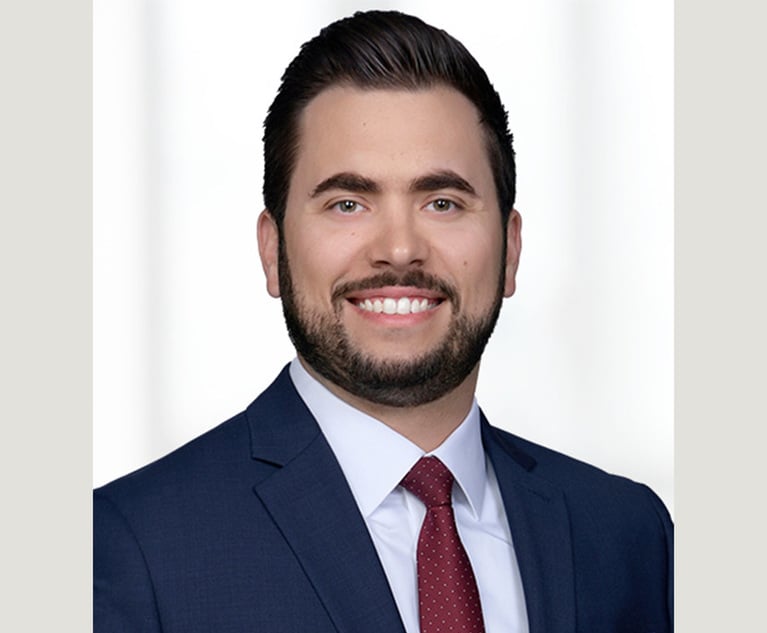Winning Brazil’s presidential election last month, Luiz Inácio Lula da Silva finished what Mexican President Andrés Manuel López Obrador started in December 2018. In less than four years, Latin America’s six largest economies ousted right-wing incumbents on campaign promises to address rising income inequality and food insecurity with higher taxes, restrictions on foreign investment, and reinvigorated social programs. Between Lula and Obrador, citizens of Argentina, Bolivia, Peru, Colombia and Chile each elected leaders who range from left-wing to leftists and full-blown Marxists.
At first, the region’s left-wing shift looked worryingly familiar to Miami-based lawyers who have serviced clients in the region through abrupt and sometimes violent regime changes in recent decades. Discussing their predictions with the Daily Business Review, Latin America-focused lawyers in Miami had anticipated rising leftism would benefit tax, private wealth and real estate practices in South Florida, as wealthy Latin American families and entrepreneurs sought safe places to park their millions. On the other hand, corporate lawyers predicted a rough road ahead as countries like Mexico shut down deals and scrutinized foreign investment.


 Luiz Inacio Lula da Silva leads a rally in Sao Paulo, Brazil, a day before recapturing the country’s presidency. Photo: Tuane Fernandes/Bloomberg
Luiz Inacio Lula da Silva leads a rally in Sao Paulo, Brazil, a day before recapturing the country’s presidency. Photo: Tuane Fernandes/Bloomberg





